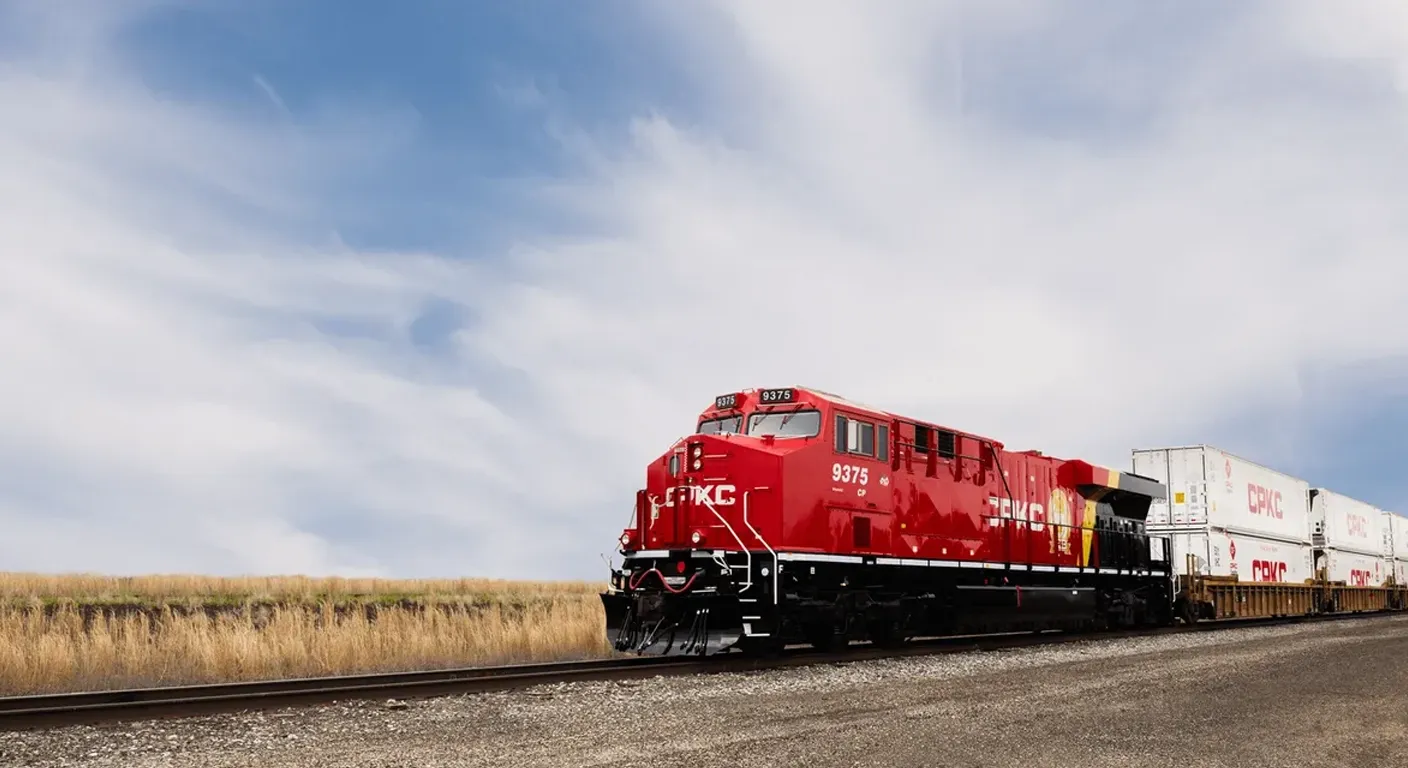Canadian Pacific Kansas City operates North America's only single-line railway connecting Canada, the US, and Mexico.



Extensive global network connecting businesses worldwide with reliable logistics solutions.
Canadian Pacific Kansas City (CPKC) operates the only single-line rail network connecting Canada, the United States, and Mexico, spanning approximately 20,000 miles (32,000 kilometers) across all Canadian provinces from British Columbia to Quebec, 13 U.S. states, and key industrial regions of Mexico. This extensive network provides direct access to major ports on the Pacific, Atlantic, and Gulf coasts, supporting large-scale freight operations and facilitating seamless cross-border trade throughout North America.
Canadian Pacific Kansas City’s strategic partnerships and alliances include collaborations with Americold to develop integrated cold chain logistics hubs, ongoing support and agreements with Amtrak to expand passenger rail service, and industrial development initiatives leveraging its North American rail network to attract co-location and supply chain partners.
Strategic partnerships and alliances that enhance our global reach and service capabilities.
| Partner | Type |
|---|---|
| CSX | Alliance |
| BNSF Railway | Alliance |
| Union Pacific | Service Partner |
| Grupo México | Service Partner |
| Metra | Service Partner |
Comprehensive range of logistics and transportation services tailored to meet diverse customer needs.
Recognition and achievements that demonstrate our commitment to excellence and innovation.
Strategic vision and future initiatives that will shape the next generation of logistics services.